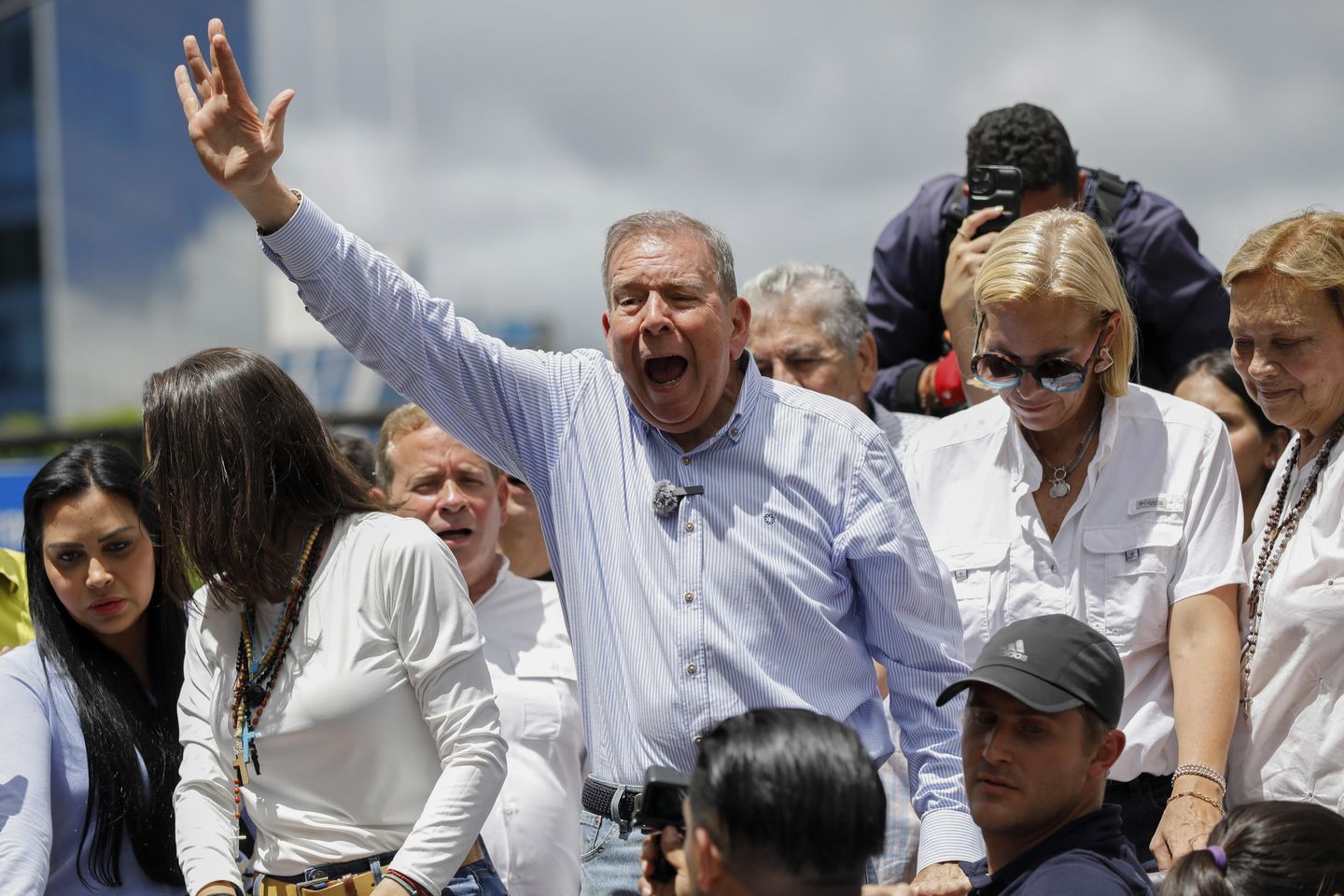Venezuela has been embroiled in political turmoil for years, with the controversial July election being the latest point of contention. The ruling party, led by President Nicolas Maduro, and the opposition, represented by former presidential candidate Edmundo Gonzalez, have both claimed victory in the election. However, the results have been called into question, leading to a criminal investigation and an arrest warrant being issued for Gonzalez.
The arrest warrant for Gonzalez was issued by a Venezuelan judge on Monday, marking a significant escalation in the ongoing political crisis in the country. Gonzalez, who ran against Maduro in the election, has been accused of fraud and other crimes related to the election results. The ruling party has alleged that Gonzalez and his supporters engaged in illegal activities to manipulate the outcome of the election in their favor.
The July election was highly anticipated, with both the ruling party and the opposition mobilizing their supporters and campaigning vigorously in the lead-up to the vote. However, the results of the election were met with widespread skepticism, as reports of irregularities and voter suppression emerged in the days following the vote. Both sides have refused to accept the official results, leading to a protracted dispute over the legitimacy of the election.
The arrest warrant for Gonzalez is likely to further inflame tensions between the ruling party and the opposition, as it represents a significant escalation in the government’s crackdown on dissent. The ruling party has been accused of using the legal system to target its political opponents and stifle dissent, with many opposition leaders facing harassment, intimidation, and imprisonment in recent years.
Gonzalez’s arrest warrant is just the latest in a series of actions taken by the government to suppress dissent and consolidate power. In recent years, the Maduro regime has cracked down on opposition politicians, journalists, and activists, leading to widespread condemnation from the international community. Human rights organizations have documented numerous cases of political repression, censorship, and human rights abuses in Venezuela, prompting calls for accountability and justice.
The arrest warrant for Gonzalez is likely to further isolate Venezuela from the international community, as it signals a further erosion of democracy and the rule of law in the country. The Maduro regime has faced increasing pressure from the United States and other Western countries to respect human rights and hold free and fair elections, but so far, the government has shown little willingness to engage in meaningful dialogue or make concessions to its political opponents.
The situation in Venezuela remains tense and uncertain, with no clear resolution in sight. The arrest warrant for Gonzalez is likely to deepen the political divide in the country and further polarize an already fractured society. The international community must continue to monitor the situation closely and hold the Maduro regime accountable for its actions, as the people of Venezuela continue to struggle for democracy, freedom, and justice.









